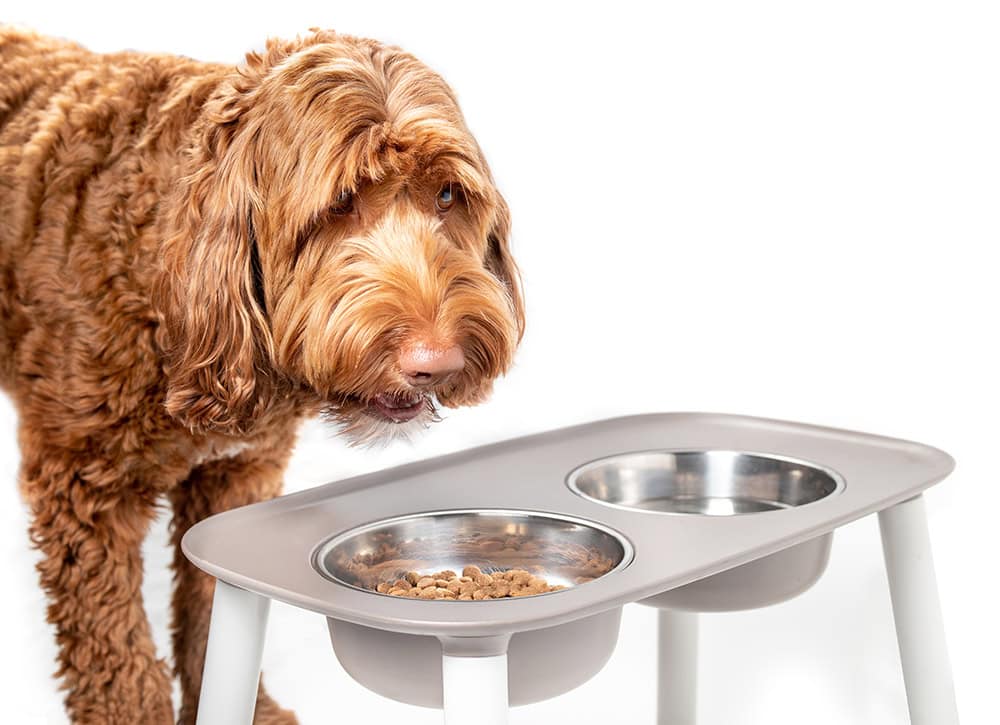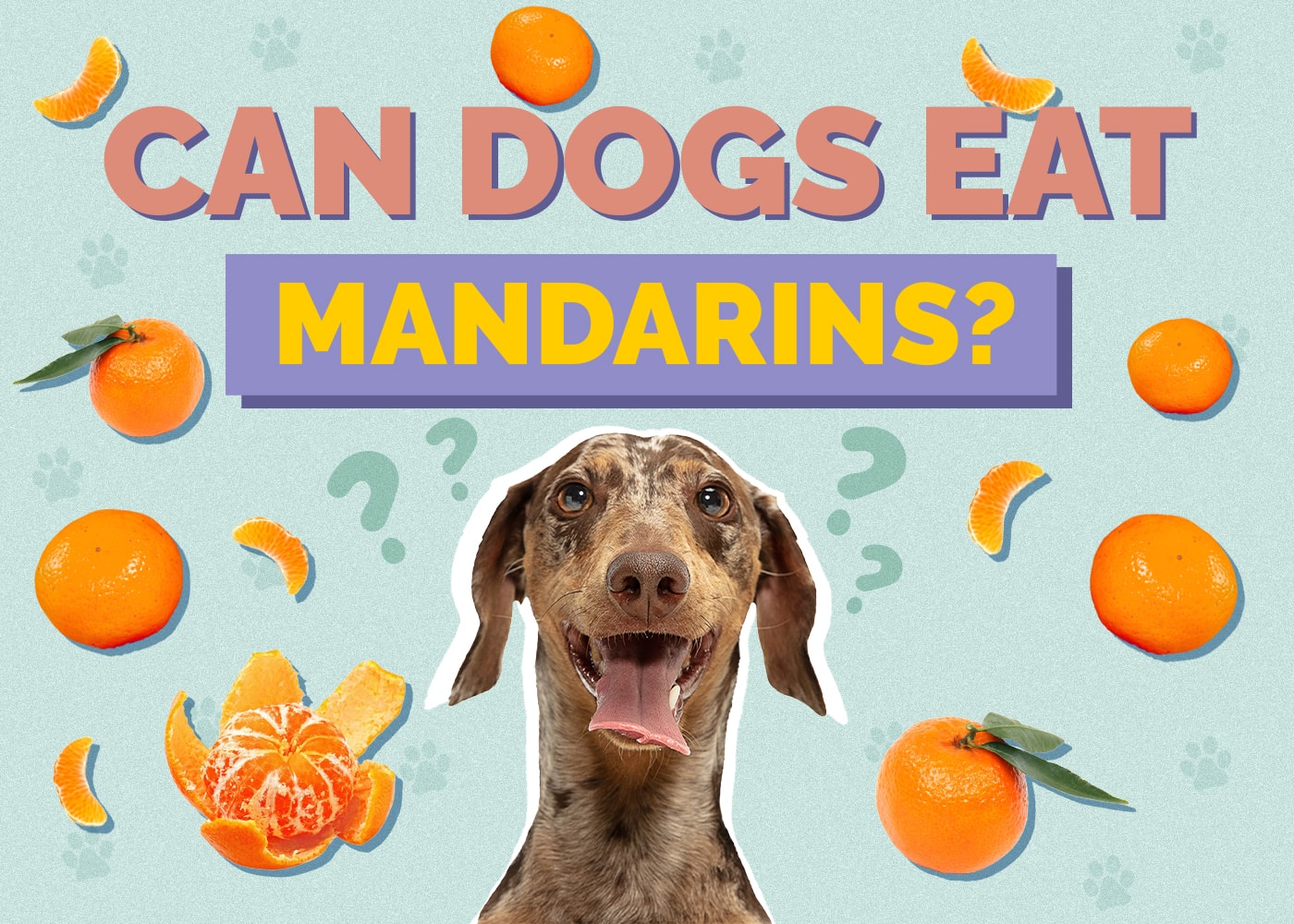Can Dogs Have Almond Butter? Vet Approved Nutrition Facts & Safety Guide

Updated on
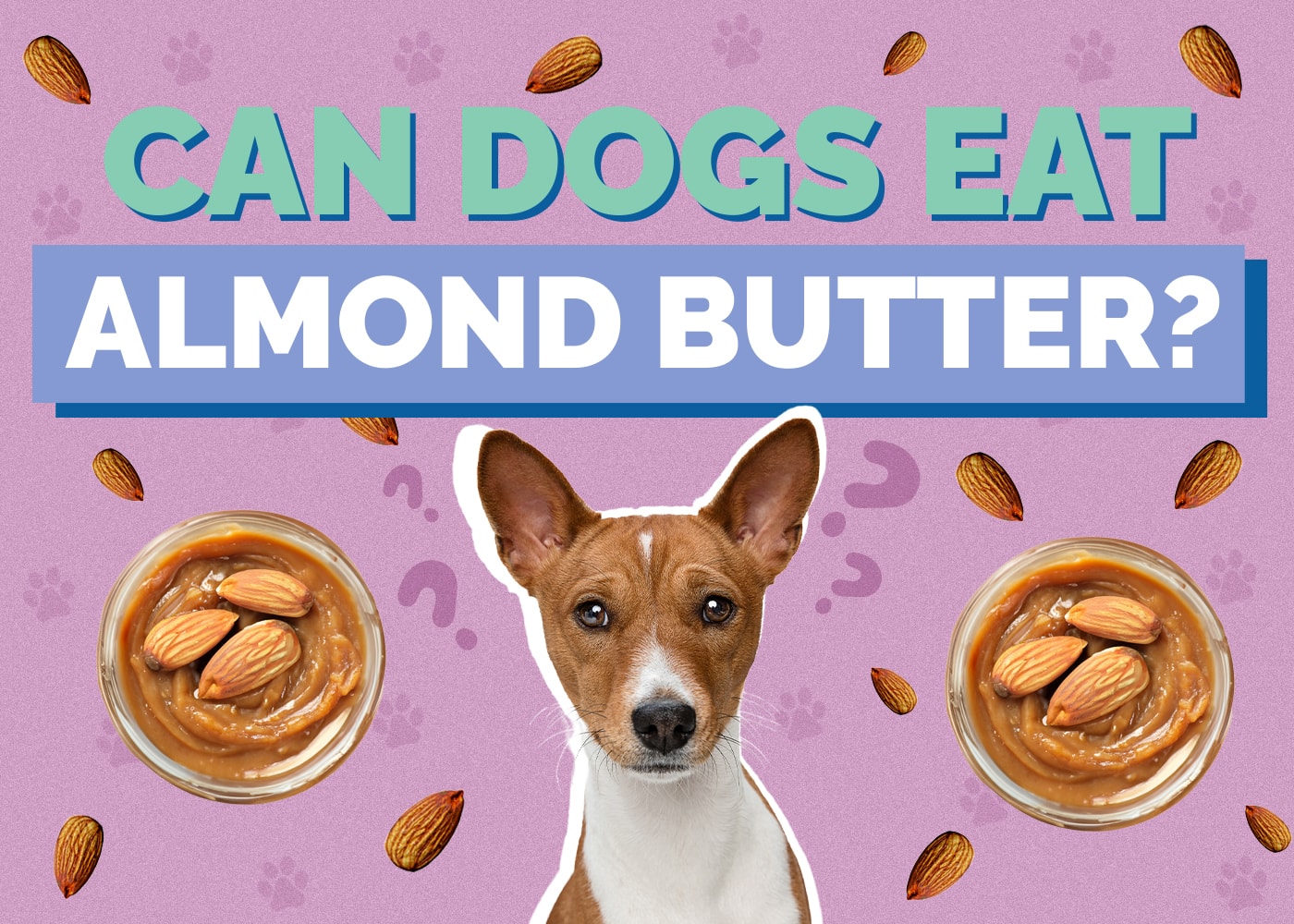
Click to Skip Ahead
Peanut butter has been replaced in many kitchens by almond butter because of its slightly higher nutritional value. If you are one of those who now indulge in almond butter but are used to sharing your peanut butter (without xylitol) with your pup or using it to trick them into taking a pill, you may be wondering if dogs can have almond butter.
The short answer is yes, dogs can have a taste of sweet almond butter, but it isn’t something they should eat regularly! There are things to consider with all human foods before allowing your dog to lap up a spoon of almond butter. In some dogs, it may lead to a stomach upset.
In this article, we’ll discuss its nutritional composition and whether you should share it with your dog.
Before changing your dog’s diet or introducing new ingredients or supplements that they haven’t eaten before, especially when it comes to human food, make sure to consult your veterinarian first. Every dog is different and requires an individual approach to nutrition, depending on their age, health, level of activity, and medical history. The guidelines offered in our article have been fact-checked and approved by a veterinarian but should be used as a mere guide on food safety, rather than an individual nutrition plan.
Can Dogs Have Almond Butter?
Most dogs love almond butter! It is not toxic to dogs, so they can enjoy it occasionally in small amounts as a treat, which makes it perfect for hiding pills. However, if you feed your dog almond butter, it should be free of preservatives and sweeteners, particularly xylitol which is toxic to dogs, so it’s important always to read the label or make up your own batch of almond butter!
You should also serve it only very occasionally to your pet since almond butter may be too difficult to digest.
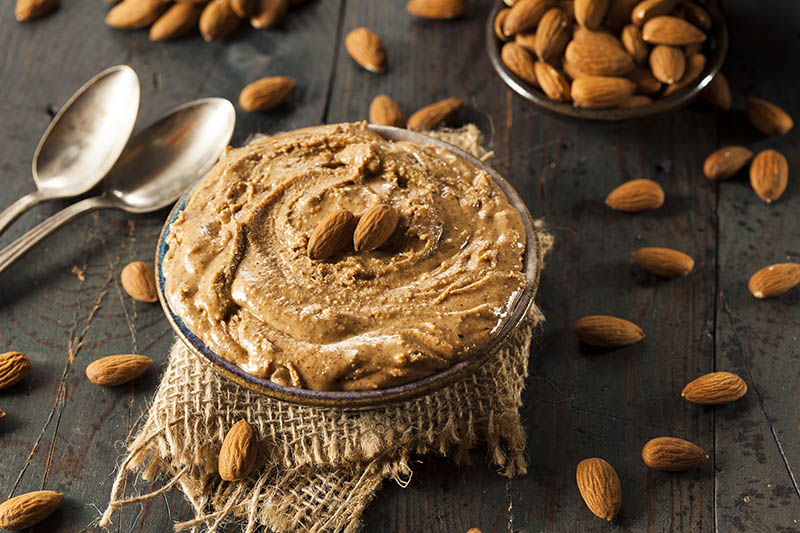
The Health Benefits of Almond Butter
Almond butter has a few potential health benefits for humans, but these cannot be applied to our canine friends. The variety of beneficial nutrients that almond butter contains include the following:
- Vitamin E supports your dog’s skin and coat, fights free radicals, and improves the immune system.
- Vitamin B3 assists inflammatory skin conditions and supports the liver and eyes.
- Vitamin B6 supports red blood cells.
- Antioxidants such as selenium fight against inflammation.
- Calcium supports strong bones and teeth.
- Magnesium helps absorb other nutrients and to support the immune system.
- Fatty acids protect against cardiovascular disease.
- Fiber supports a healthy digestive system.
Food and snacks that are appropriate in moderation for people might not be good for dogs at all. Research is still lacking when it comes to these benefits for dogs, and most human food ingredients that are deemed safe for dogs need to be offered sparingly, meaning the benefits will be very limited or completely absent.
But nuts are generally not adequate foods for dogs, as they are very rich in fat and can cause a stomach upset in dogs, while swallowing nuts whole may cause choking or a gastrointestinal blockage. Butter is certainly easier for dogs to lick off, although it is sticky and may still lead to difficulty swallowing.
Should You Feed Your Dog Almond Butter?
If you’re thinking of adding new ingredients to the list of snacks for your dog, it’s imperative to consult with your veterinarian. For human food that is considered non-toxic for dogs, whether they can or should have it or not largely depends on the amount of the ingredient and the age, health status, and medical history of the pet. Fatty foods will lead to a stomach upset in many dogs, and butter and almonds, each on their own, are particularly fatty.
Fatty foods have been linked to pancreatitis, inflammation of the pancreas that causes lethargy, abdominal pain, vomiting, and diarrhea, mostly needing veterinary attention. Further research is required into the exact mechanism of pancreatitis and the percentage of fat in the food that can predispose to this.
Whether it’s a good idea to give your dog a little lick of almond butter every now and then depends on many factors, as you can see, and is not completely risk-free.
How to Safely Feed Your Dog Almond Butter
If you decide to offer a little bit to your dog, there are some precautions to take. While almond butter is non-toxic, you must ensure you safely feed it to your companion. First, you need to make sure that you are only feeding your dog small amounts because nuts have a high fat content that can cause gastrointestinal upset. Nuts are also high in calories which can lead to weight gain. When giving your dog almond butter along with other treats, they should not make up more than 10% of its total daily calories.
You should also test your dog for allergies since some dogs, like humans, may have an allergic reaction to almonds, especially if it is the first time giving your dog almond butter.
Before feeding your dog almond butter, you should check the ingredients. The almond butter should not contain any added sweeteners, especially xylitol. Xylitol is highly toxic to dogs and can cause serious health issues, and in some cases, it can be fatal. Ideally, it should not contain added salt or preservatives either.
There are a few ways you can incorporate almond butter into your dog’s diet:
- You can bake a small amount of almond butter into treats and biscuits
- You can provide your dog with mental stimulation by filling a food toy with almond butter mixed with kibble or treats
- You can apply a small amount for them to lick off a mat to prevent boredom and stress
- You can add a small dollop to your dog’s treat to enhance the flavor
You can also make almond butter for your dog to enjoy safely, knowing it doesn’t contain harmful ingredients.
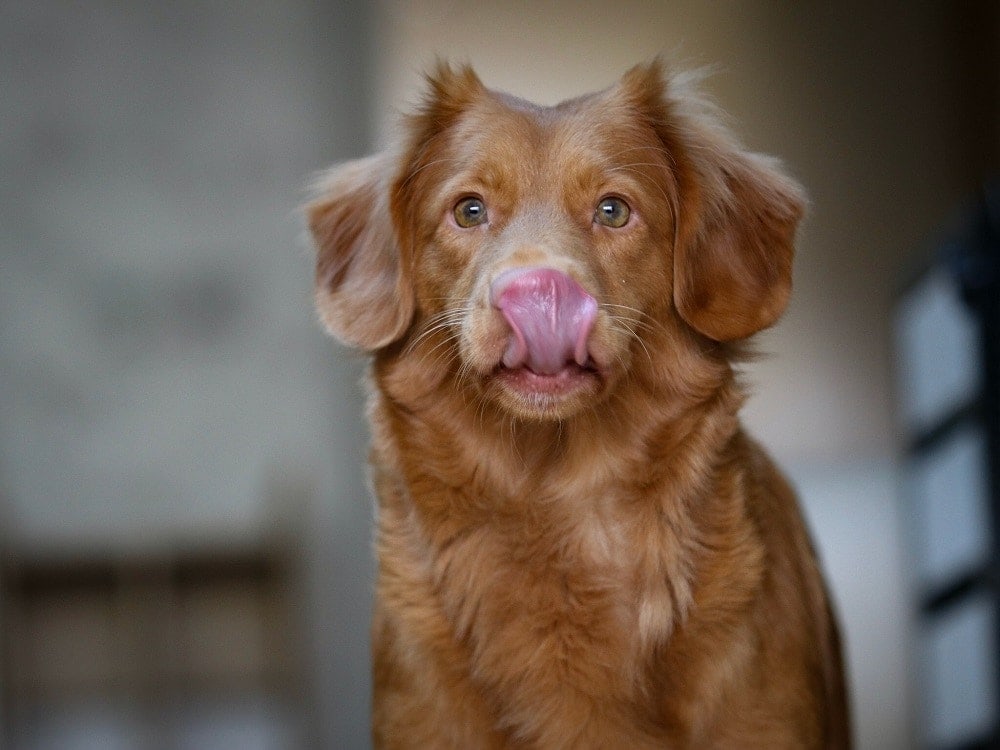
Conclusion
Almond butter in a very small amount can be a tasty and nutritious occasional snack for some dogs, but it may not be appropriate for all. Speak to your vet if you want to consider giving it to your dog. However, it is essential that you check the ingredients. Almond butter for your dog shouldn’t contain added salt, coloring, preservatives, or xylitol.
Almond butter is high in fat, so feeding it only as an occasional treat is vital. Otherwise, it may lead to stomach upset. It’s certainly not suitable for regular feeding.
See also:
- Can Dogs Eat Marzipan? Vet-Approved Risks & FAQ
- Can Dogs Eat Peanut Butter? Vet Approved Facts & FAQ
Featured Image Credit: (Left) John Dowling, Shutterstock, (Right) Cegli, Shutterstock



